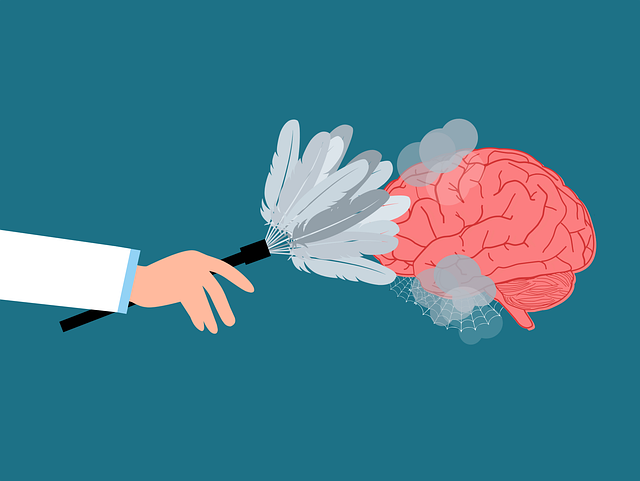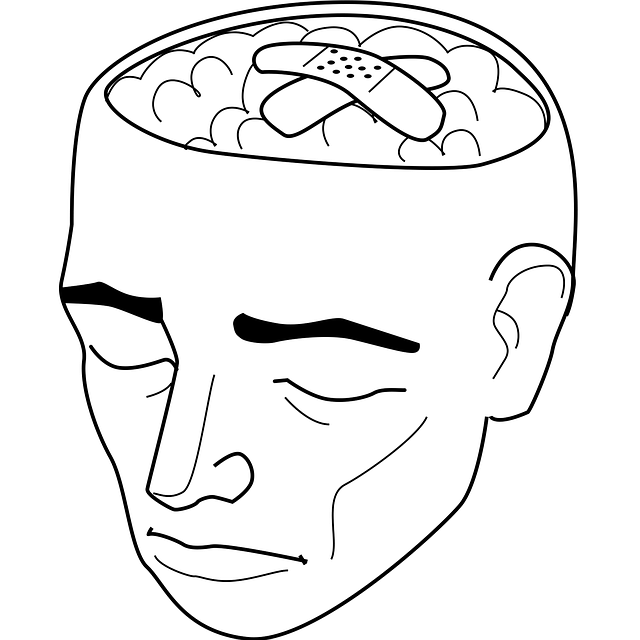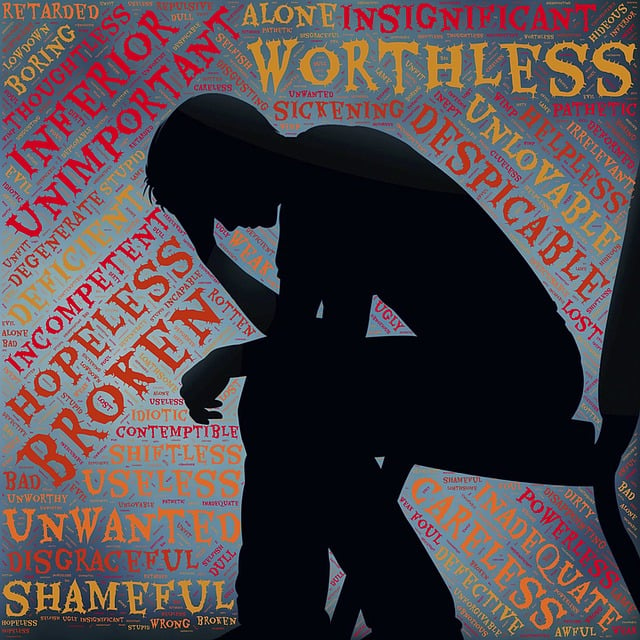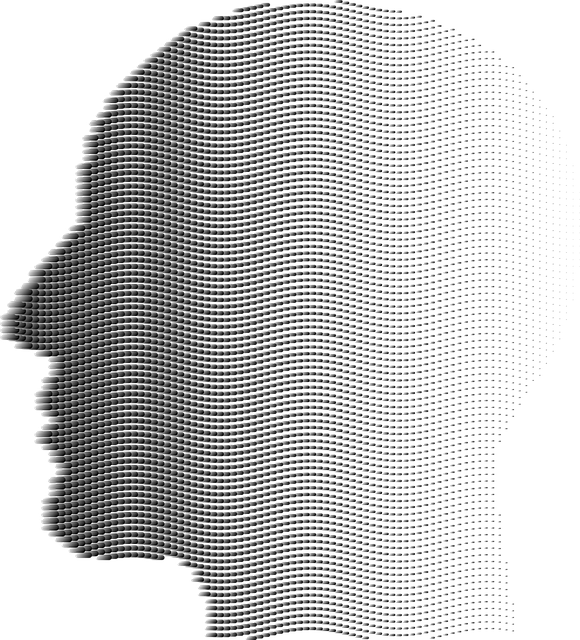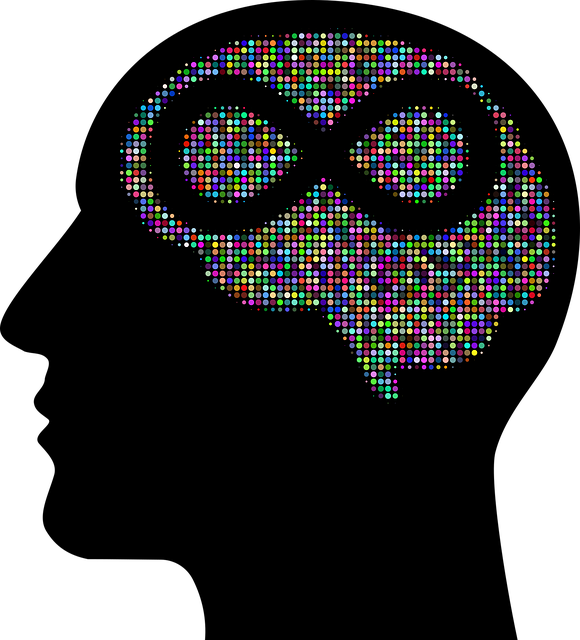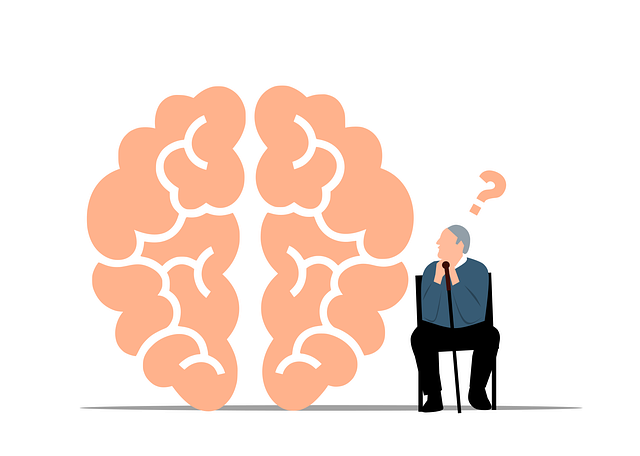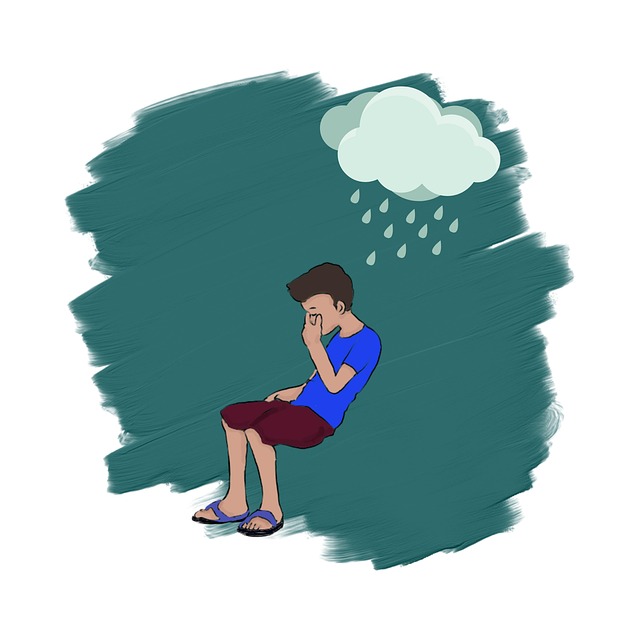Boulder's mental illness diagnosis process faces challenges like cultural variability in emotional expression, high misdiagnosis rates, and inadequate attention to trauma. To enhance accuracy, integrated approaches combining traditional assessments with innovative tools like Trauma Support Services and Mindfulness Meditation are needed. Incorporating Boulder American Sign Language Therapy (BASLT) improves accessibility for deaf and hard-of-hearing individuals, addressing cultural barriers and language differences that impact diagnosis accuracy. Initiatives like the Mental Wellness Podcast Series Production bridge gaps by incorporating diverse languages and perspectives, fostering understanding among mental health professionals. Self-esteem improvement and resilience building through accessible programs ensure tailored care for all backgrounds.
Mental illness diagnosis accuracy is a critical aspect of effective treatment and support. Current challenges include complexities in assessment methods, potential biases in practices, and cultural barriers that impact accuracy, especially in diverse populations. This article explores innovative solutions like Boulder American Sign Language (ASL) Therapy, digital tools, enhanced training programs, and inclusive diagnosis methods to improve mental health care. We delve into implementing these changes, showcasing case studies, and highlighting future research directions for more precise and effective mental illness diagnosis.
- Current Challenges in Mental Illness Diagnosis
- – Discussing the complexities and potential biases in current diagnostic practices
- – Exploring impact of cultural barriers and language differences on accuracy
Current Challenges in Mental Illness Diagnosis

The current landscape of mental illness diagnosis is fraught with challenges that hinder accurate assessments and effective treatment planning. One significant hurdle is the complexity of human emotions and behaviors, which often manifest differently across diverse cultural backgrounds, adding an extra layer of complexity for healthcare professionals, especially in a bustling metropolis like Boulder. Misdiagnosis rates remain unacceptably high, partly due to the subtle nature of many mental health conditions and insufficient training in empathy-building strategies among diagnosticians.
Furthermore, the impact of trauma on mental health is often overlooked or inadequately addressed. Many individuals struggle with unresolved traumas that can mask or complicate the presentation of their mental health issues. This calls for integrated approaches that combine traditional assessment methods with innovative tools such as Trauma Support Services and Mindfulness Meditation, which have shown promise in enhancing diagnostic accuracy and patient outcomes. Incorporating Boulder American Sign Language Therapy into these efforts could further improve accessibility and understanding for deaf and hard-of-hearing individuals navigating the mental health system.
– Discussing the complexities and potential biases in current diagnostic practices

Mental illness diagnoses often rely on subjective assessments, making them susceptible to human error and bias. Current practices may inadvertently perpetuate cultural stereotypes or overlook symptoms unique to specific demographics. For instance, presenting signs of anxiety in individuals from diverse ethnic backgrounds could be interpreted differently due to varying cultural expressions of distress. This complexity necessitates a nuanced approach, especially when considering that mental health professionals are primarily trained within the dominant culture’s norms and values.
In Colorado, initiatives like those offered by Boulder American Sign Language Therapy focus on enhancing diagnosis accuracy by promoting self-awareness exercises and inner strength development through sign language therapy. Encouraging open communication and understanding of diverse expression styles can help reduce biases. Moreover, integrating self-care practices tailored to individual needs ensures a more comprehensive assessment, allowing for more precise diagnoses and effective treatment plans that consider the whole person, not just their symptoms.
– Exploring impact of cultural barriers and language differences on accuracy

In today’s diverse society, cultural barriers and language differences significantly impact mental illness diagnosis accuracy. Miscommunication due to language disparities can lead to misdiagnosis or delayed treatment, hindering patients’ access to appropriate care. For example, a study focusing on Boulder American Sign Language Therapy highlighted challenges faced by deaf individuals in receiving accurate assessments. Their unique communication needs often go unmet, exacerbating the already complex process of diagnosis.
Efforts to improve mental wellness, such as the popular Mental Wellness Podcast Series Production, can help bridge these gaps. By incorporating diverse languages and cultural perspectives, these initiatives foster better understanding and empathy among mental health professionals. Moreover, promoting self-esteem improvement and resilience building through accessible programs ensures that all individuals, regardless of their background, receive quality care tailored to their specific needs.
Mental illness diagnosis accuracy has been a complex issue, but with an increased focus on diversification and accessibility in healthcare, progress is being made. By recognizing cultural barriers and language differences as significant factors impacting current diagnostic practices, such as those experienced by individuals seeking services through Boulder American Sign Language Therapy, we can strive for more inclusive and accurate assessments. Continued efforts to improve diagnosis accuracy not only enhance patient care but also foster a more supportive and understanding mental health landscape.

